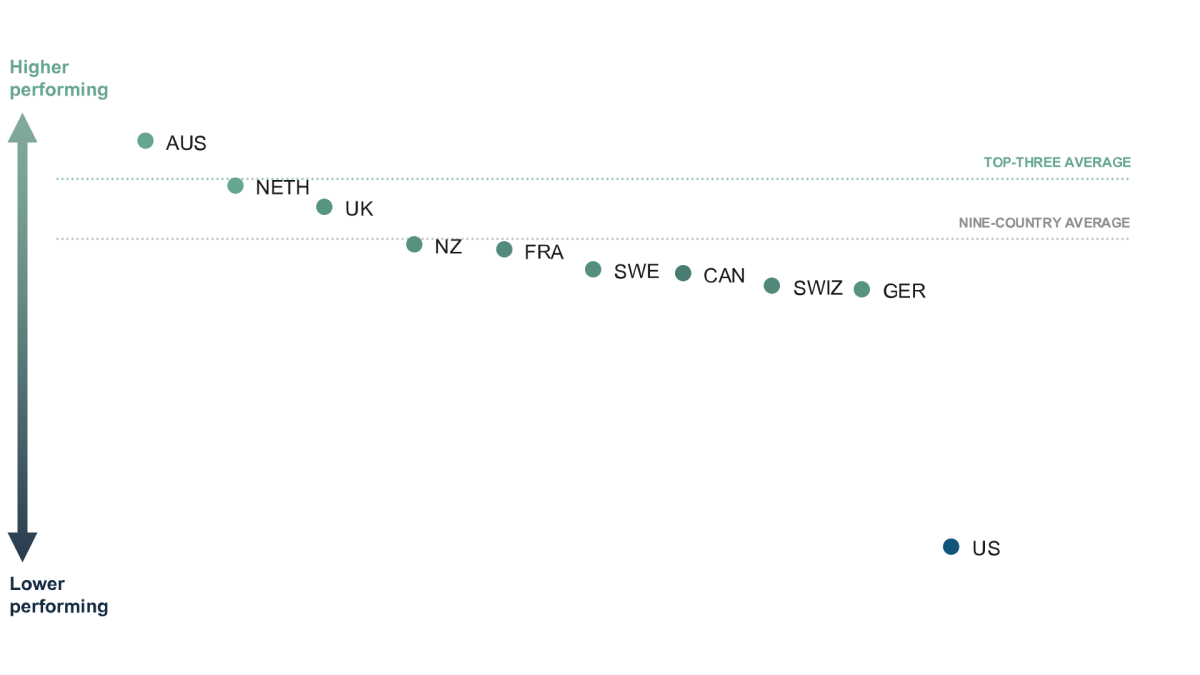Stress overtakes our generation
This is the generation of rigorous courses and extreme homework burdens. This is the generation of expensive and time-consuming college preparation. This is the generation of competitive and aggressive athletics. This is the generation of weekends spent working on projects and studying all day. This is the generation of never ending stress.
The stereotypical stressed teenager high school students are juniors and seniors. They have the pressure of SATs, upholding college-worthy, college applications, updating e-portfolio, managing a job, and not to mention life beyond their hometown is becoming possible.
But underclassmen are struggling with pressure and stress as well. Sports, jobs, extracurricular activities, and outside commitments are overbearing on all high school students.
For many, the stress of academics and athletics is a never ending cycle. “On a typical school day, I’m stressed even before I get up because the night before I always worry if I’m completely ready for school,” said sophomore Lucia Bolibruch. “Being a student-athlete [she is on varsity tennis, and both varsity indoor and outdoor track] I have to focus on sports, go to practice, be healthy, do homework, and by the time I finish I get super tired for the next day and so on.”
Dr. Perry Hancock, who wrote an article titled Stress Generation views school as a reason of increasing stress in our world. “Excessive homework, standardized test requirements, college preparation, the fear of failure, extracurricular activities – all these can add to an overload of stress for young people,” he said. “In our extremely mobile society, many teens also face the stress of changing schools on a regular basis.”
Freshman Nicolette Naya spends at least seven and a half hours on homework and sports every day, and only receives seven hours of sleep each night. “Some days right from school I have track and then I head straight to soccer practice and after that I have another soccer practice,” Naya said. “I don’t get home till 8:30 for the first time since leaving my house at 6:30 in the morning, and that’s when I start homework.”
Even the weekends are not a time of relaxation and sleep deprivation catch up. With one day (Sunday) spent entirely on homework, Friday night and Saturday are the only times to have a social life.
Though every week brings stress, midterms and finals cause students to stress out the most. The vast material that the tests cover, along with the significant weight they carry in their semester grade is overwhelming, and all occurs within one week.
Academic and sport related stress decreases available family time and a social life. “I feel I don’t have time for those things because everyone expects us to do well, so we focus on school and sports more than we should,” Bolibruch said.
The pressure and expectations placed on students by their parents, teachers, and themselves result in them suffering. “I do think expectations for me, specifically, are set to high standards,” said Bolibruch. “[This] automatically causes more stress than necessary. Parents, especially, put more pressure on their kids to do well, causing extra stress.”
While technology aids individuals everyday with learning and accessing information faster and easier, it is a major distraction, which can lead to procrastination and ultimately anxiety.
“If I could decrease my stress,” Bolibruch said, “I would definitely decrease the amount of technology we as a society have, like phones, computers, and TVs. Technology takes away more time to complete more things.”
However, when used properly, electronics and technology can be successfully used as an escape from stressful realities.
Along with simply avoiding what causes her to become stressed out and playing soccer, Naya sometimes watches television.
Technology is only one of many factors that has set our generation apart from past ones. The competition that many students experience with academics, résumés, and colleges is higher than it ever has been.
Mr. Christopher Carty, teacher of various subjects and basketball coach agrees that the stress level has increased among students today, partly due to the amount of tasks necessary to simply graduate from high school.
“I believe the students who are college bound are also experiencing increased stress as they feel the pressure to perform and compete with people their age nationwide in hopes that it will separate them in the future for potential jobs,” Carty said. “Generally speaking, I believe people nationwide are more concerned than they have been in the past regarding their financial stability.”
Stress can be the result of many things, and comes in numerous forms and sizes. It affects people in different ways, sometimes for better and sometimes for worse.
Naya is usually influenced positively by having to deal with the pressure. “It makes me want to do better and makes me accomplish more,” she said.
However, it also has a negative impact, and crowds her life with too much to do in too little time. Stress almost always leaves a negative impression in Bolibruch’s life, and she believes she would perform better in many areas if the anxiety were eliminated.
“Working under stress causes my work to be less than mediocre,” Bolibruch said. “I would rather have less stress and less work to have higher quality work that shows character rather than quickly getting something done just to show I did it.”
There is a fine line between chaotic stress, and beneficial stress. “I think a certain amount of stress might be healthy as long as it is manageable and can serve as a motivating presence,” said Carty. “However, if stress becomes unmanageable it can be dangerous, and result in habits and behaviors that could negatively impact a young person’s growth and potential.”
Determining your limit for pressure is a key factor to success, and should be accomplished as early as possible. What is considered positive for one individual may be viewed as negative for another.
“Positive stress can help teens give their best performances in music or sports,” Hancock said. “Good stress can also help young people meet tough situations with focus and determination. Too much stress, however, can lead to many physical, emotional, and even spiritual problems for teens.”
Your donation will support the student journalists of North Kingstown High School. Your contribution will allow us to distribute a print edition of the Current Wave to all students, as well as enter journalism competitions.












google api example
Jun 4, 2014 at 10:07 PM
Having read this I believed it was extremely enlightening.
I appreciate you finding the time and energy to put this informative article together.
I once again find myself spending way too much time both reading and posting comments.
But so what, it was still worth it!